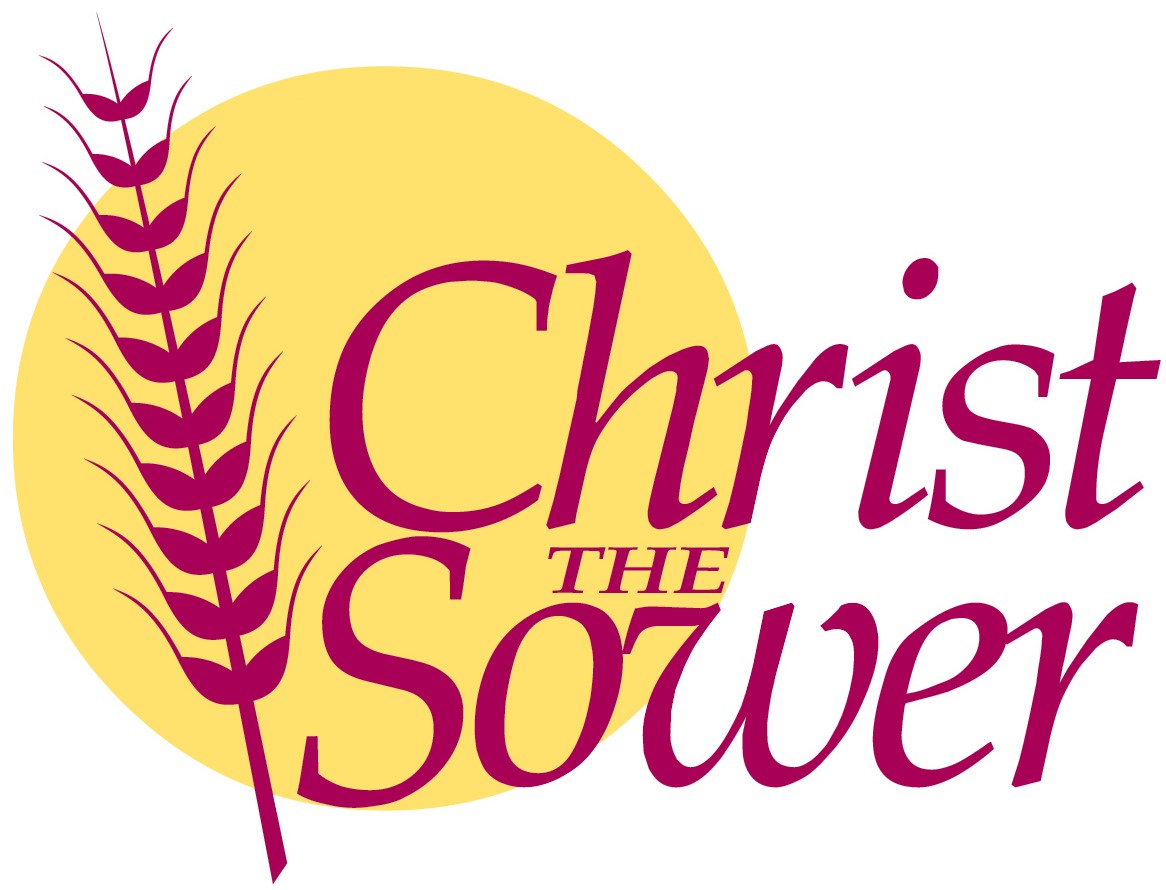- Home
- Our CARE Curriculum
- Our 'CARE' Cultural Curriculum
- Subjects
- Design & Technology
- Intent, Implementation and Impact
Intent, Implementation and Impact
Intent
Design and Technology is an inspiring, rigorous and practical subject which has a vital role in contributing to a balanced curriculum and creating the problem solvers of the future. It is a subject that encourages children to ‘learn to think’ creatively to solve practical problems both as individuals and through teamwork. At Christ the Sower Primary School, our aim is to encourage every single one of our children to use their creativity and imagination to design and make products that solve real and relevant problems within a variety of contexts, considering their own and others’ needs, wants and values. We aim to, wherever possible, link work to other disciplines such as mathematics, science, computing and art.
The children are also given opportunities to explore, reflect upon and evaluate past and present products and are encouraged to become problem solvers in their own right.
The aims of our Design & Technology curriculum are:
- Develop deep creative, technical and imaginative thinking in children and to develop confidence and courage to participate successfully in an increasingly technological world.
- Enable children to talk about how things work and to develop their technical knowledge.
- Apply a growing body of knowledge, understanding and skills in order to design and make prototypes and products for a wide range of users.
- Encourage children to select appropriate tools and techniques when making a product, whilst following safe procedures.
- Develop an understanding of technological processes and products, their manufacture and their contribution to our society and the world.
- Foster enjoyment, satisfaction and purpose in designing and making things,
- Critique, evaluate and test their ideas and products, and the work of others in an environment of respect.
- Understand and apply the principles of nutrition and to learn how to cook.
- Understand how key events and individuals in design and technology have helped shape the world.
Implementation
Through a variety of creative and practical activities, we teach the knowledge, understanding and skills needed to engage in an interactive process of designing and making. When designing and making, our unit plans ensure that children are familiar with the design cycle:
- Design – use research and develop design criteria to design for a purpose and communicate their ideas through a range of mediums. These are then recorded in children’s exercise books.
- Make – Use a wider range of tools and equipment with accuracy and a variety of materials and components according to their qualities.
- Evaluate – evaluate their ideas and products against their own design criteria and consider the views of others to improve their work.
Through this process, the aim is to develop pupils’ technical knowledge and vocabulary in relation to structural design, mechanical and electrical systems, the integration of technology and food production and nutrition.
Impact
Assessment of children's learning in Design Technology is an ongoing monitoring of children's understanding, knowledge and skills by the class teacher, throughout lessons, using our Growth documents. This assessment is then used to inform future planning, support and challenge required by the children.
Summative assessment is conducted at the end of the year by class teachers across each year group of the school to inform the subject leader of progress or skills and knowledge still to be embedded. DT is also monitored by the subject leader throughout the year in the form of book monitoring, looking at outcomes and pupil interviews to discuss their learning and understanding and establish the impact of the teaching taking place.
Classroom displays, pictures and home learning opportunities reflect the children’s sense of pride in their work across the wider curriculum. Teachers evidence children’s DT work around the school and on the website in order to share with parents and the wider community. The school environment also celebrates children’s achievements in DT and demonstrates the subject’s high status in the school, with outcomes, including models to enhance our indoor, environment. The DT curriculum at Christ the Sower contributes to children’s personal development in creativity, independence, judgement and self-reflection. Children achieve age related expectations in DT at the end of their cohort year.

